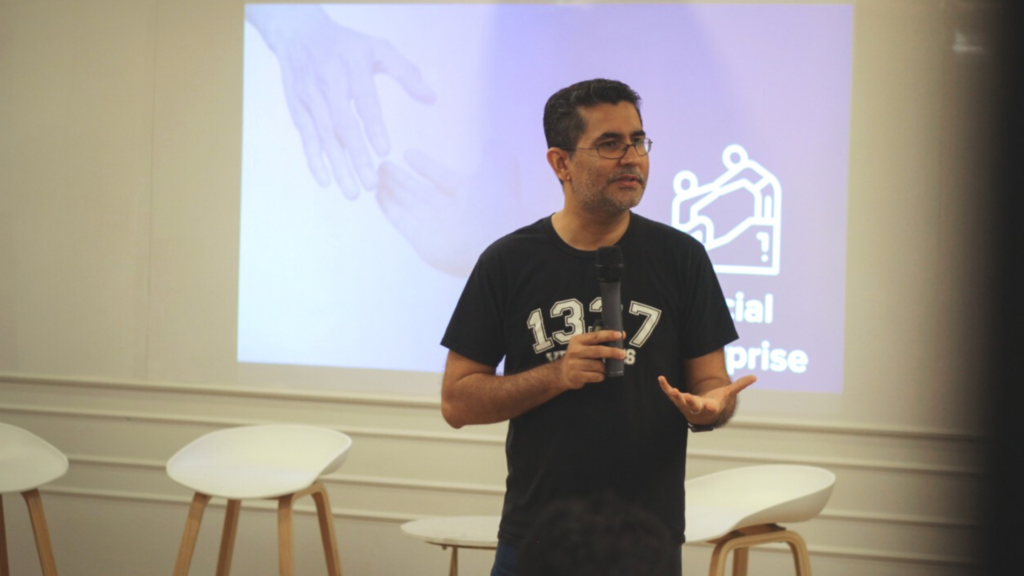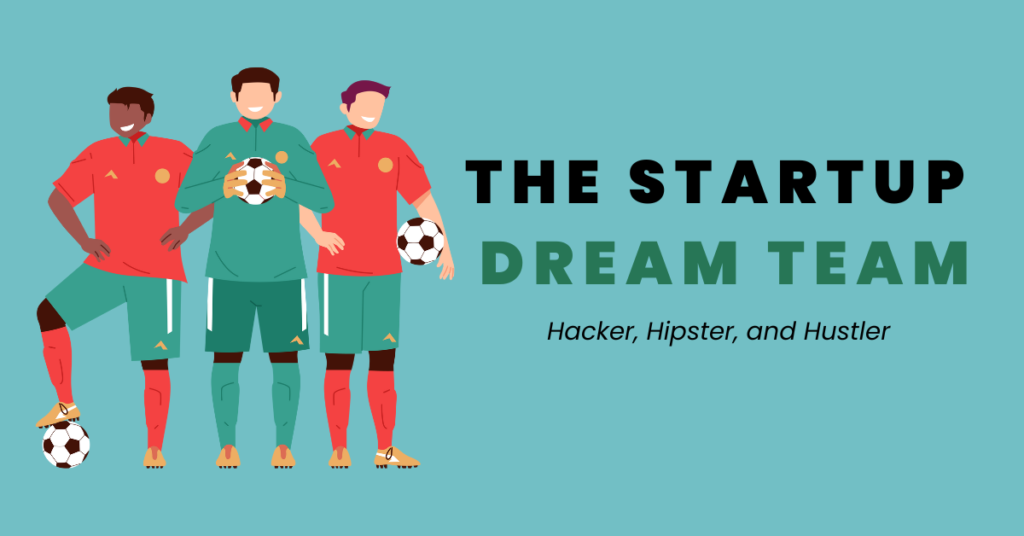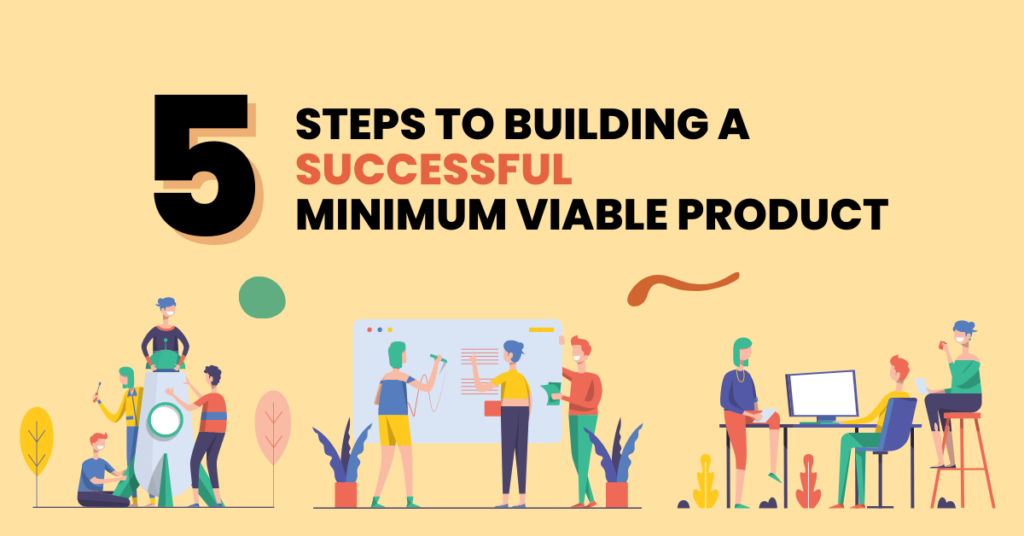Every successful startup in Malaysia is built around providing a solution to a specific problem. To ensure long-term success, it is important to ensure product-market-fit,i.e., that your customers actually want what you’re selling. The best way to ensure this is to build in stages by utilising an Agile methodology called Minimum Viable Product (MVP).
What is a minimum viable product (MVP)?
A Minimum Viable Product (MVP) is best described as a version of a product with just enough features to satisfy early customers and provide feedback for future product development.
This first version will be far from perfect, but getting the MVP out allows startups to validate their ideas and assumptions. User feedback and meaningful insights can be gleaned to understand what works and what doesn’t. This subsequently helps in making the final product much better.
Here is an illustration by consultant Hendrik Kniberg defining the MVP concept.
Image by Henrik Kniberg
There are three important principles highlighted in the image:
1. In every iteration, the product is always solving the needs of the customer, which is to get the customer from point A to point B.
2. The product is constantly improving in every iteration to meet the customer’s secondary need, which is to get there in the shortest possible time.
3. In each iteration, user feedback and insights are gained, which allows for key features to be added that continuously increase user satisfaction and loyalty.
Throughout the process, the product remains usable until it turns into the ‘final’ product. In fact, the car might not be the final product as the team can continue to make enhancements to make the product much better.
Through continuous customer testing and feedback, the skateboard becomes more refined than before, eventually becoming a car. Throughout the process, the product remains usable until it turns into the final product. Of course, the car might not be the end, the team can continue to make enhancements to make the product much better.
3 Reasons Why Startups in Malaysia Should Build MVP Style
Quick market validation
Market validation is important regardless of geographical market, however as many startup founders are often inspired by startups abroad, it is crucial to validate the idea for the local or intended market. In other words, just because it worked in Country X, doesn’t mean it would work in Malaysia. Building the product in stages via MVPs will help Malaysian startups validate their product in a real market condition through an actual audience. This helps to determine whether the product is valid or invalid and allows for localisation of product offerings, thus, increasing the product’s viability.
Get funded earlier and quicker
Having a tangible product that demonstrates core characteristics that address the market’s needs is a powerful way to build credibility. The MVP model is an excellent way to introduce products and build traction with potential investors. If investors understand how the initial product solves a problem, they will have a better idea of what the final product will look like and whether it is viable for them to fund further development.
Spend Your Cash on Building Traction, Not Just Development
When startups go to market with an MVP, they tend to develop a product using less resources and cash. This allows them to use their resources more strategically, like for marketing / growth hacking, talent acquisition, and also mitigates the risk of the product becoming overly complicated.
An Important Note about MVPs
Building a long-term product that meets the market’s needs requires reiteration and a commitment to excellence. Regardless of industry, agile ways of managing product development can be utilised to keep costs down and customer satisfaction up. However, some industries require more ‘finished’ products, usually those in highly regulated spaces. Hence, plan accordingly, and be flexible.
If you are a Malaysian startup looking at ways to validate and improve your MVP, or are figuring out how to get started, get mentored via our Alpha Startups™ Pre-Accelerator Programme. In addition to a mentor dedicated to your success, you will also be in the running for up to RM50,000 in seed funding.
Not convinced? Check out our previously funded portfolio companies, from Cikguu, which connects Malaysian tutors and learners with a focus on autonomy and community to Arus Oil, an on-demand recycling platform for used cooking oil that enables household and businesses to recycle their used cooking oil conveniently, there are many startups in 1337 Ventures’ portfolio that fulfil specific or niche needs within their respective industry.
Click here to apply for the upcoming cohort of Alpha Startups™ Pre-Accelerator programme.






